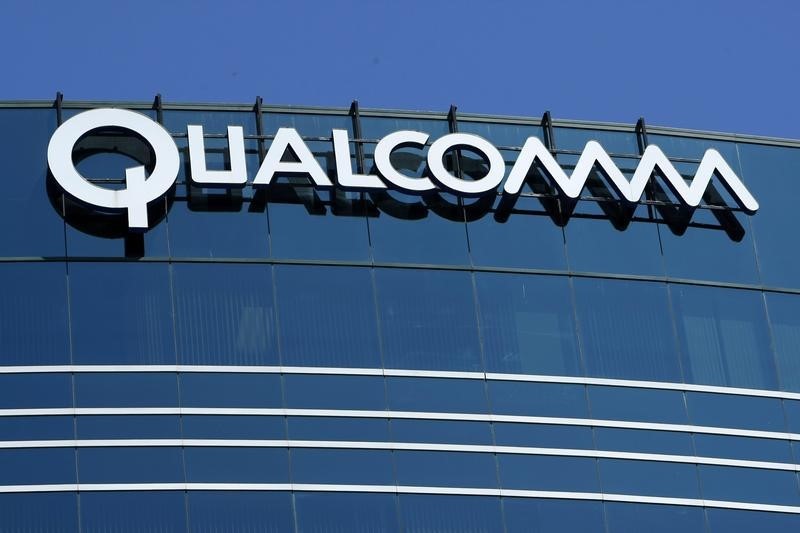Qualcomm should buy one of these 2 chip companies instead of Intel says Mizuho

Investing.com — Mizuho analysts suggest Qualcomm (NASDAQ:QCOM) would be better off acquiring alternative chip companies rather than pursuing a deal with Intel (NASDAQ:INTC).
A report from The Wall Street Journal last week claimed that Qualcomm had approached Intel about a potential takeover.
According to Mizuho, a potential acquisition of Intel would face significant regulatory hurdles, particularly from China.
“China is not a big fan of QCOM (nor is any foreign govt really),” the firm states, emphasizing that such a deal would encounter substantial resistance from both Chinese and international regulators.
Mizuho notes that any QCOM-Intel transaction would likely be blocked, considering the broader geopolitical and regulatory landscape.
“China would never approve” a QCOM for INTC deal to “help a major US company that is struggling mightily,” Mizuho asserts.
They explain that this sentiment is supported by the historical context where China previously blocked QCOM’s acquisition of NXP Semiconductors (NASDAQ:NXPI), despite minimal overlap.
Instead, Mizuho suggests two alternative targets for Qualcomm.
The first is MRVL, which, at a market cap in the low $60 billion range, presents a more strategic fit.
MRVL “would give QCOM higher gross margins and better assets for AI and the data center,” the firm explains. They add that Marvell (NASDAQ:MRVL)’s strong positions in high-speed data center interconnects and silicon photonics make it a more suitable candidate for acquisition.
The second recommendation is CRDO, with a market cap of approximately $5 billion.
Although smaller, Credo is said to offer promising technology in the high-growth areas of data center interconnect and optical components.
Mizuho acknowledges that while a deal with CRDO “would not move the needle financially for QCOM,” it presents a more feasible and strategically sound option compared to the complexities surrounding Intel.
Mizuho advises Qualcomm to consider these alternatives, arguing that they align better with QCOM’s strategic goals and present fewer regulatory challenges.





